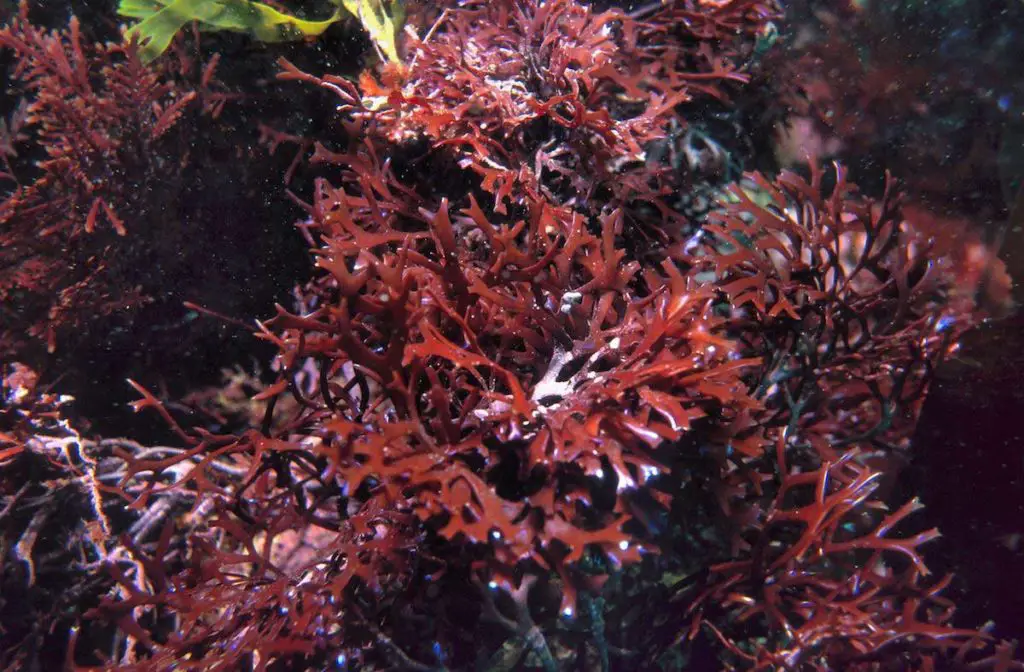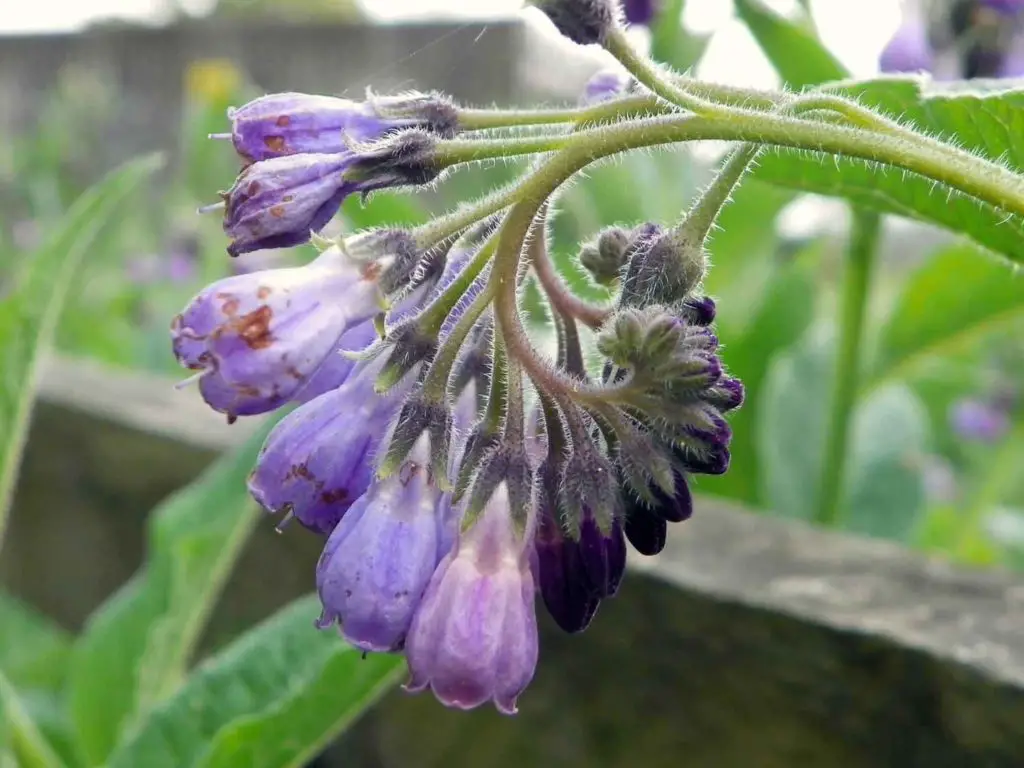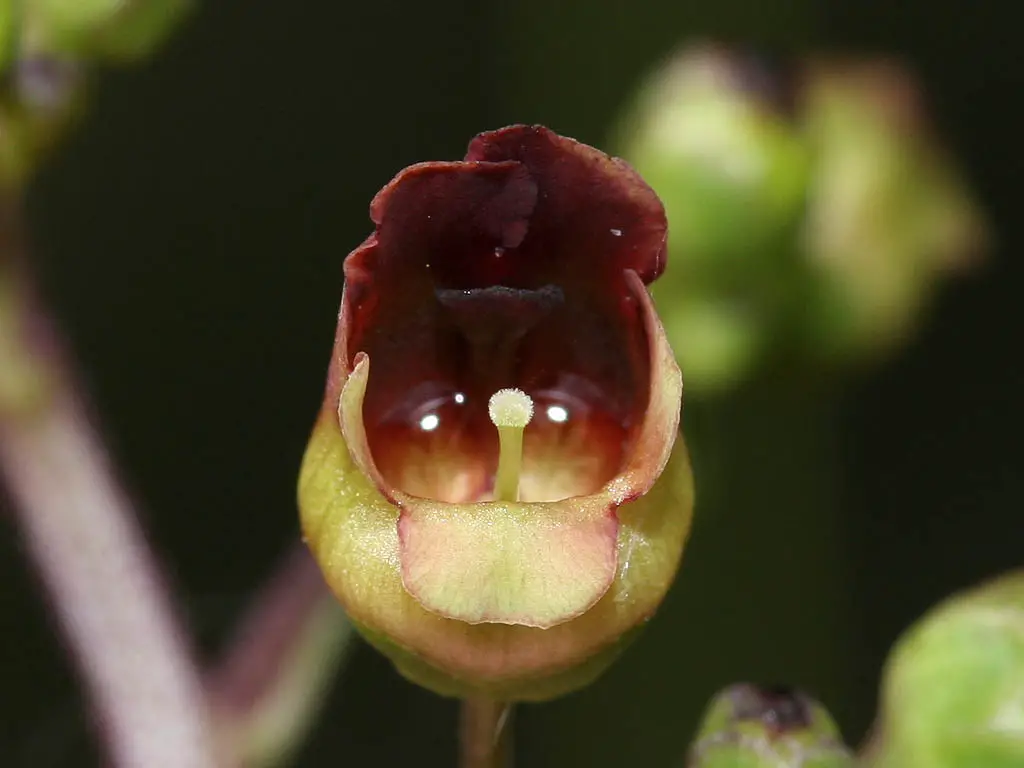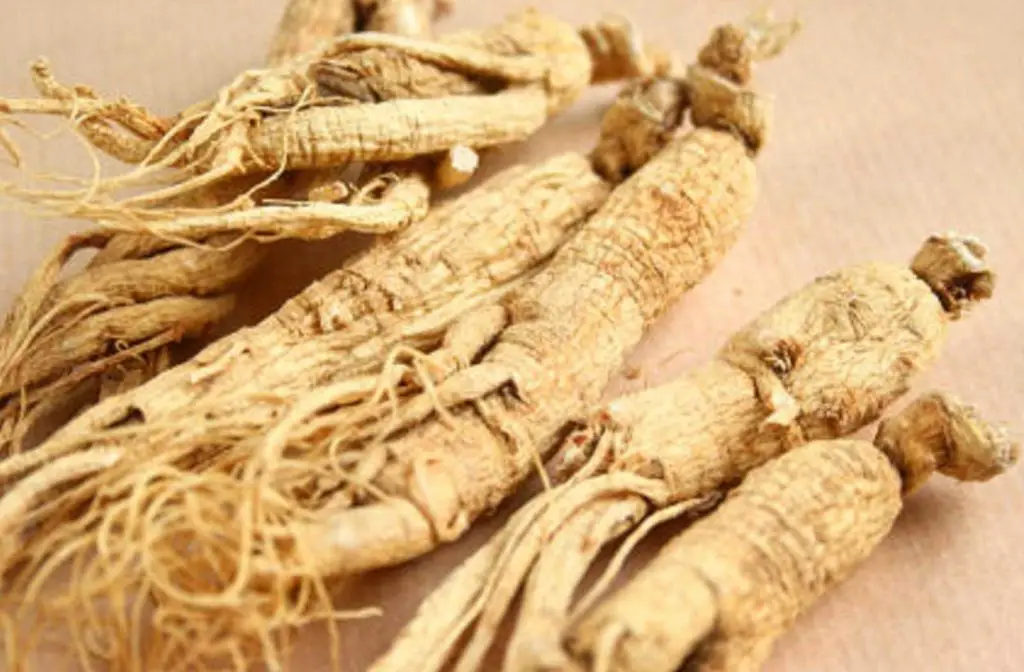What is Sea Moss?
Sea moss, also known as Irish moss, carrageenan moss, and its scientific name Chondrus crispus, is not actually moss at all but is a species of red algae. It can be found in coastal waters of North America and Europe, and as the name Irish moss implies, it is very common along the coast of Ireland. In comparison to other species of seaweed, sea moss is relatively small, reaching a maximum of 20 cm tall. The branches of the sea moss have a fan-like appearance and can range in color from green, red, purple, brown, yellow, and white.
Most people claim that sea moss does not have much of a taste, but the texture is quite unique. Some say the texture is much like cooked okra, slippery and gelatinous. This texture is very appealing to many, and some cultures (particularly Jamaica) enjoy sea moss beverages that also possess the slippery texture. The mucilage produced by the algae is not only soothing to both the skin and the digestive system, but it also possesses numerous compounds that have documented health benefits.
By weight, sea moss is 55% carrageenan, a polysaccharide that has multiple uses. The carrageenan derived from sea moss can be used in a variety of ways: it is commonly used as a food stabilizer and thickener, it can be used in the brewing process, and it has multiple medicinal uses. Additionally, sea moss has many antioxidants, vitamins, and other biological agents that make sea moss very nutritious and have many medical benefits as well. Many other species of algae have similar benefits and have been used in place of Chondrus crispus, but those other species may still be labeled as sea moss.
Sea Moss Benefits, Uses and Effects
Skin
People frequently use the sea moss extract carrageenan as a topical treatment for the skin because it is thought to promote the growth of collagen. While studies in this area are limited to animal studies and only reveal limited information, studies on carrageenan itself is much more informative, with one study conducted in 2006 stating that topical use can prevent the infection of HPV. Due to its popularity in topical treatments, sea moss extracts can commonly be found in lotions and creams which helps the product retain a creamy, smooth texture.
Thyroid
The effects of sea moss and other seaweeds on thyroid issues has been studied in-depth. In 2003 a study was conducted that tested the effects of different kinds of sea moss. Thirty-six people were given either a placebo or a treatment in a double-blind trial during a 4-week period. And the end of the trial, the moss supplement was shown to increase the production of the thyroid hormone TSH. The conclusions of this study lead the researchers to suggest that more research should be conducted because sea moss supplementation may significantly decrease thyroid disease.
Herpes
Research shows that sea moss may benefit people suffering from cold sores. In 2015 a study was conducted that showed that algae may be an effective antiviral for herpes simplex virus. The algae was investigated for its chemical compounds, and some of those compounds were found to enhance the recovery of proteins, neutral sugars, uronic acids, and sulfates. Additionally, the algae exhibited significant activity against the herpes simplex virus. The researchers suggest that sea moss could possibly be developed as an effective antiviral for cold sores in the future. However, the effectiveness of sea moss has not yet been tested for genital herpes.
Weight Loss
Although research has not been conducted to determine if sea moss really is an effective weight loss supplement, many people swear that sea moss is the key to their weight loss journey. If sea moss is an effective weight loss supplement, some people think it works because it nourishes the digestive tissues. However, there may be even more to this. Sea moss has been shown to promote healthy thyroid function (as described above), and a sluggish thyroid can be a major source of weight gain. By treating the thyroid with sea moss, weight loss may be easier to achieve. Additionally, sea moss is a very nutritious food that is rich in many vitamins, making it a good component of a healthy diet.
Diabetes
People with diabetes may be able to ease their condition by taking sea moss supplements. Although the sea moss species Chondrus crispus has not been tested, other species of algae and seaweed have been tested for their effects on diabetes. Since Chondrus crispus is closely related to those species of algae, it would make sense that it would share many of the same beneficial properties. Other species of algae has shown to lower bad cholesterol and blood lipids, promote enzymatic activity, and influence glycemic control in reference to multiple studies conducted since the mid-2000s. These studies were either conducted in vitro or in animal studies, so human clinical trials are still needed to test the efficiency in people.
Cancer
Although in its early phases, some research shows that sea moss may have a positive effect for those suffering from cancer. In 1995 a study was conducted where 44 people in India who regularly indulged in chewing tobacco were administered 1 g of algae per day over a period of a year. After that time frame, many of the subjects exhibited a decrease in oral leukoplakia. The researchers do mention that this was the first human study conducted and more research was needed on other demographics of the human population. In the 20+ years that have passed since this initial study, many other researchers have investigated the benefits of sea moss, but cancer studies are still lacking.
Hair Growth
Like lotions and creams, sea moss is often added to other personal hygiene products like shampoo and conditioner. Though the effects of sea moss in those products has not been measured clinically, many people claim to have shinier, smoother, and silkier hair when using sea moss-based hair products regularly. Sea moss may even stimulate the scalp and promote healthier hair growth, according to many hair-care forums.
Brewing
Not only is sea moss used medicinally, but it can be used in the process of brewing beer. Sea moss has actually been used in the brewing process for over two centuries. The key to brewing beer with sea moss is again with carrageenan. Carrageenan is added to the brew during the last twenty minutes of the boiling phase, and this addition is what clarifies the beer. Without sea moss, beer would be foggy and may not have as crisp or clean of a taste.
Sea Moss and Bladderwrack
Like sea moss, another seaweed called bladderwrack also has a range of positive health benefits, and commonly these two items can be used together as a health supplement. Sometimes those two species are combined to treat thyroid disorders because both are high in iodine, an element crucial to proper thyroid hormone production.
Often, a tea is made from a combination powder containing both sea moss and bladderwrack, and this tea is considered to be a natural remedy for hypothyroidism. Since sea moss and bladderwrack work to stimulate the thyroid, neither should be ingested for hyperthyroidism, a condition where the thyroid gland is overstimulated.
Sea Moss Dosage
If ingesting orally, whether in a supplement or beverage, it is recommended to take between 4-12 g of sea moss daily for up to two months. However, oral dosages have not been determined yet by the FDA.
If using a gel made from a mixture of sea moss and water, it can be applied topically in amounts similar to how you would use a standard lotion or exfoliant. Test on a small portion of the skin first to be sure there are no negative reactions. Gel can also be ingested, but use in small amounts as suggested above.
What are the side effects of Sea Moss?
Topical Use: Sea moss is not considered to be hazardous when applied topically, but it may cause mild irritation when applied around the eye area. It is FDA approved for general topical use.
Oral Use: There are some safety considerations when it comes to oral use of sea moss. Although sea moss is generally considered safe to consume, many side effects and safety concerns have not been scientifically evaluated in full. Use with caution and consider consulting with a doctor first in treating serious or chronic conditions.
The effects for women who are pregnant or breastfeeding have not been tested yet. It is best to use caution and avoid using in those scenarios. Because of its effects show in diabetic animal models, if you have diabetes, then you should consult with a doctor before using. Sea moss may cause kidney irritation if consumed in large amounts or over an extended period of time. Many people who are allergic to cedar and/or peaches may also have an allergic reaction to sea moss.
Frequently Asked Questions
Can Babies use Sea Moss?
The topical use of sea moss is considered to be so safe, that it can even be used on children and babies. It is even already included in many baby-designed lotions and creams. While those specific lotions have not been researched, the ingredients in those lotions (including sea moss) are FDA approved. Therefore, any topical uses that would be performed in adults can also be performed in children. However, parents should use caution and only use in smaller quantities to see how the infant’s skin will react before using regularly.
References:
https://www.ncbi.nlm.nih.gov/pmc/articles/PMC4626697/
https://www.ncbi.nlm.nih.gov/pmc/articles/PMC1254086/pdf/biochemj01132-0118.pdf
http://www.jbc.org/content/233/2/406.long
https://www.ncbi.nlm.nih.gov/pmc/articles/PMC3837755/




